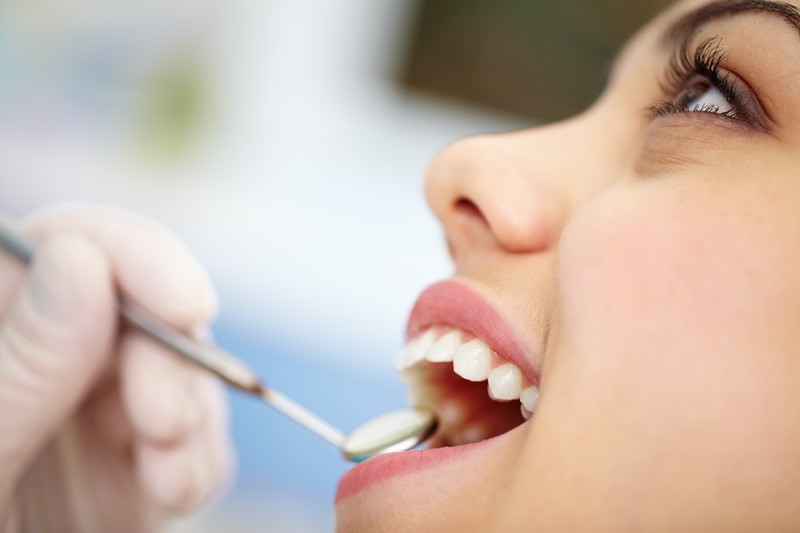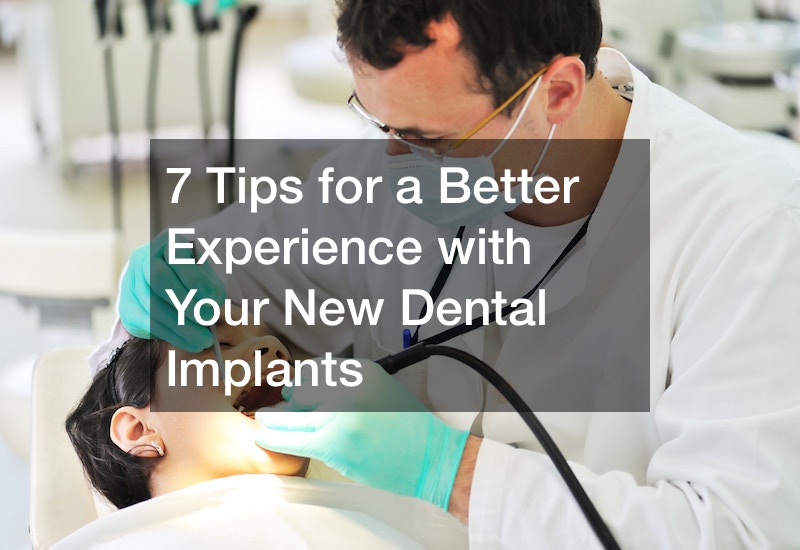
A modern dental office is no longer just a place to get a filling or get a tooth pulled. In fact, even getting dentures or partial dentures to replace missing teeth isn’t as popular as it used to be.

Instead, patients who in prior generations would have gotten dentures now learn about teeth implants as an option they can choose in place of getting upper and lower dentures or bridges.
Dental implants are completed by minor surgery and stay permanently in the mouth by use of an abutment for dental implant. A abutment meaning in dentistry, is a reference to the metal post that implants the tooth directly into the bone.
With a dental implant, there won’t be any need to use goopy adhesive to make false teeth stick to your gums. Instead, the abutment is placed directly into the bone as a normal tooth would have been.
It’s a fairly simple process, although sometimes, adding bone for dental implants is necessary for some patients. Even then, it is worth taking time to learn about teeth implants if you want a natural smile and a strong bite for eating and chewing, something that removable dentures don’t always accomplish.

Most Americans put a high premium on having a nice smile. About 74% of us say that having ugly teeth can hurt our careers. More and more people who are missing teeth are turning to dental implants. It has been estimated that about three million people around the country have at least one and every year, another 500,000 join their ranks. If you are considering them, you can take certain steps to have a better experience.
- Follow the instructions you are given. To have success with your dental implants, it is important to follow the instructions your dentist or oral surgeon gives you. They put these instructions together for a reason and they take your particular situation into account when they make up the directions. These include what you should do the day of the procedure to help minimize pain, swelling and bleeding. You should listen to what things you should look for when you get home from their office.
- Take it easy. The procedure to have devices implanted in your mouth is a minor surgery but it is still an operation. You and your body need to rest up in order to heal properly. If you go out and are too active after your surgery, you can increase the likelihood that you will have more swelling, bleeding and pain. Also, the chances of real complications from your surgery go up when you are more active. Relax. Binge watch some shows on TV and pamper yourself. Everyone could use some of that every now and again.
- Follow the directions on your medications. When you leave the office of your family dentist or oral surgeon, you will be given some medications to deal with the pain and lower the risk of infection. You should follow the instructions on the label. Some research suggests that pain can have a negative impact on your immune system so you should not skip the pain medication. Also, you should finish all antibiotics as prescribed. When people do not do this, any bacteria that is not killed can become resistant to antibiotics. You may develop a worse infection if you do not take all of these drugs as prescribed.
- Steer clear of alcohol and tobacco. After you have your implant surgery, you should try to avoid tobacco products and alcohol. Alcohol can thin your blood, worsen any inflammation and cause infection. Tobacco can worsen your risk of infection, tooth decay and may cause your implants to fail. Most dentists recommend patients quit smoking before these procedures.
- Eat healthy foods. This is always good advice. You will need to get the proper nutrition to help your tissues heal after a dental implant surgery. The best way for your body to get the minerals and vitamins it needs is to get them from your diet. For the first few days after your operation, you may want to eat softer foods but they do not have to be bad for you. Healthy dairy products, salmon, green tea, fresh fruits and vegetables can all make you healthier and help you heal from your surgery.
- Keep up with your oral hygiene routine. After you have your implants put in, you should give that area a bit of a rest but you still need to keep your mouth clean. That means you should continue to brush your teeth and use floss. If you have specific questions about the way you should care for your implants, talk to the people at the dental or oral surgery office. They can help you keep that are clean.
- Keep an eye on your implants. After your surgery, you should watch that area for redness, swelling or bleeding. If you notice any of that gets worse, you should make a call to your dentist or oral surgeon and get their input.
There are a great many benefits to having dental implants put in to replace missing teeth. These are the closest thing you can get to a real tooth in that spot. By taking these steps, you can help make sure you have a positive experience with your dental implants and help make sure you have success with them.
